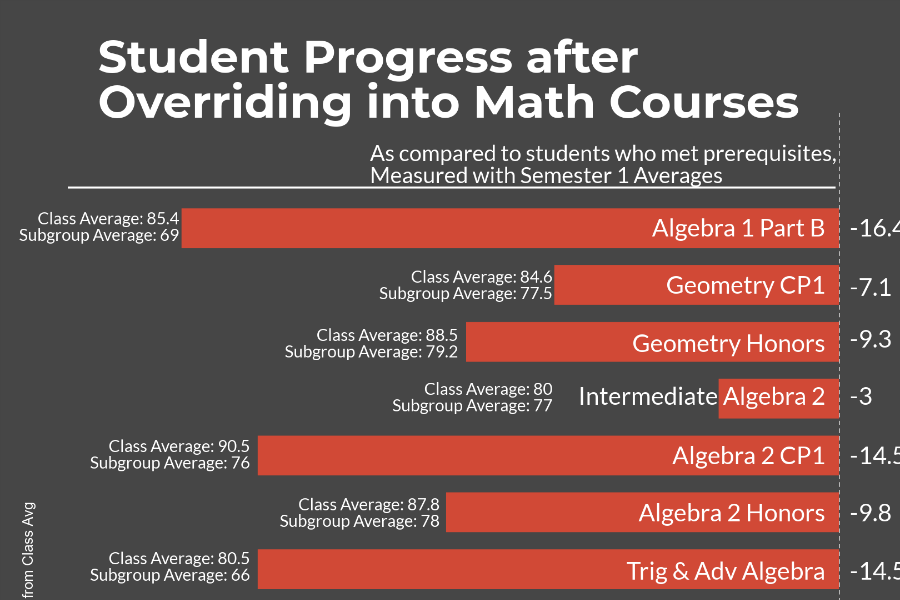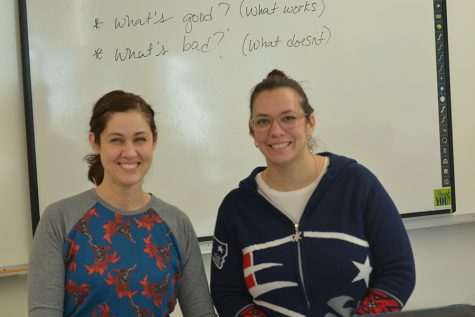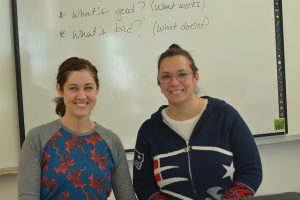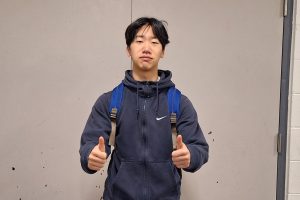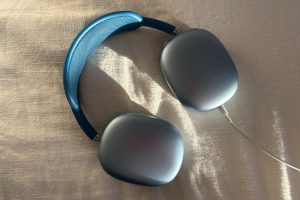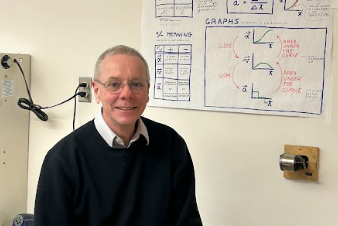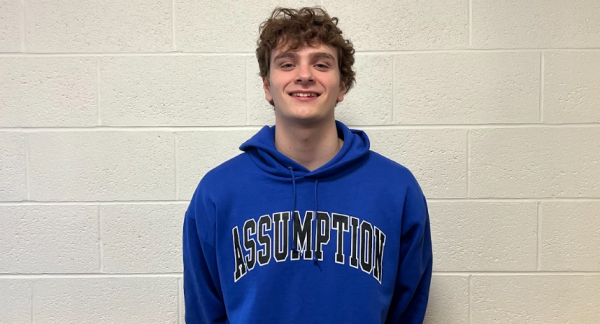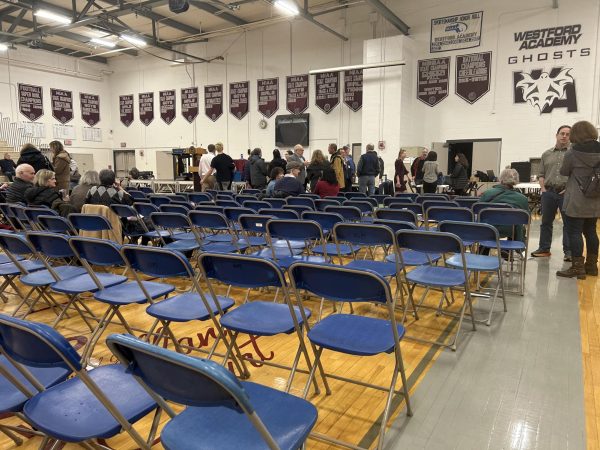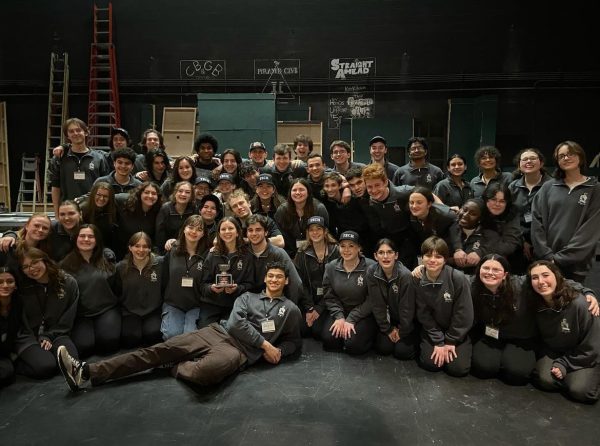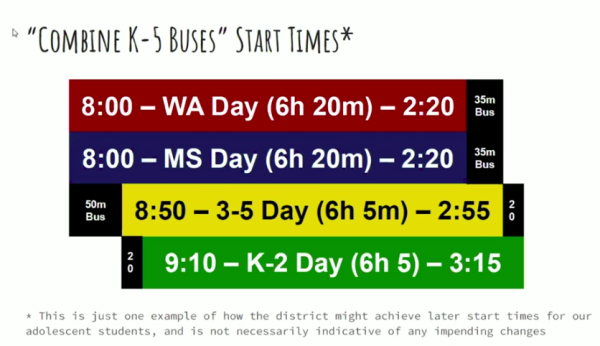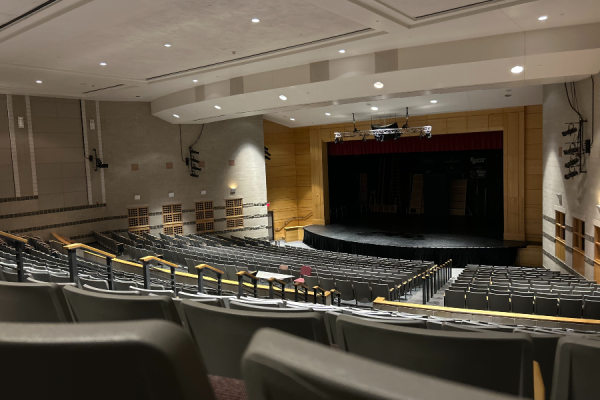Math Dept. continues to reshape moving into 2018-2019 school year
Overrides, like doubling up, also decrease student performance and increase student stress
February 17, 2018
In the 2017-2018 school year, the Math Department began a reform of course selections and requirements in math and computer science alike. The 2018-2019 school year will bring another stage of these changes, including further adjustments to the new computer science curriculum and restrictions in doubling up in math courses.
Computer science courses emphasize “21st-century skills”
Before the 2017-2018 school year, the computer science elective track at WA began with either Intro to Programming CP or Honors, then continued to Java Programming Honors, AP Computer Science A, and finally Data Structures Honors. These courses were lab-intensive and focused entirely on code for computers.
In 2017, Exploring Computer Science A and B, two semester-long CP courses, were piloted as an alternative to the Intro to Programming courses. These courses emphasize broad-based learning and involve website design and robotics in addition to traditional coding. A successful first semester indicates that these courses will continue into 2018.
When 6-12 Math Curriculum Coordinator Kristina McHugh attended a state STEM conference featuring various technology businesses, she learned that employers were having difficulty finding hires with not just STEM skills but what she calls “21st-century skills” — teamwork, problem-solving, and innovation. ECS A and B are intended to address those skills with a project-based learning environment and minimal direct teaching, though students will still learn how to code.
However, this real-world application is not ideal for everyone. Junior Kristen Colavita, who is taking AP Computer Science A and plans to major in computer science, favors traditional programming over its applications.
“I think that programming is fun because it’s similar to solving a math problem or a puzzle. It’s finding the best way to get something done, and I feel like while that is present in some robotics or web design, programming allows you to be more creative behind the scenes,” she said.
In addition, Java Programming Honors will be shortened from a full-year to a half-year course to increase accessibility.
McHugh hopes that more students will be able to pursue programming as well as take electives in freshman year. Having three half-years leading up to AP Computer Science rather than two full-years allows students flexibility in planning their schedules. Also, the structure of a half-year course allows for more freedom in class design for a course increasingly has to accommodate students with various levels of prior knowledge.
“Kids are coming here without blank slates. They know programming of some sort at this point, so it’s important to acknowledge that prior knowledge,” McHugh said. “I want to make sure we create courses that are rigorous and accessible for students who are really good programmers already, and for students who have never programmed before at the same time, and that’s a really difficult thing to do in a full year. I think that the half year allows students to come in from any level and still reach that high ceiling.”
Colavita’s solution to the problem of different levels is to offer both full-year programming-intensive courses as well as half-year courses.
” […] limiting the Java class to a semester limits students’ ability to do even more programming. I love programming and I liked having a class that could develop my skills […] It would be great if they offered both full year programming-focused classes as well as the Exploring Computer Science classes so that the school can accommodate different levels of interest,” she said.
Math department continues changes; Algebra 2 no longer open to freshmen
In previous years, in addition to the standard option of one Geometry or Alegbra 1 course, incoming freshmen may choose to double up in Geometry and Algebra 1 in order to reach calculus as a senior when it would otherwise not be possible.
Starting in 2018, doubling up in Algebra 1 and Geometry will be discouraged. McHugh suggests doubling up in Geometry and Algebra 2 one year later instead, but ultimately stresses that taking calculus in high school is not essential.
“[Calculus] truly is not an indicator of success, and it’s not an indicator of acceptance. I just hope that people hear it and believe it. I know that it’s hard when you’re planning such a big future,” she said.
A small group of students also choose to double up in Geometry and Algebra 2 in 9th grade, an option that will no longer be available in 2018. Students who take this course finish calculus in junior year.
Junior Helen Zhou doubled up in Geometry Honors and Algebra 2 Honors when she was a freshman. She is currently in AP Calculus BC, the most advanced math course at WA, and will be taking AP Statistics in senior year. Though she had trouble fitting electives into her schedule and did not have many friends in her math classes, she does not regret her decision at all.
“[…] [i]t’s not like my grades are any better or worse than they would’ve been [without doubling up],” Zhou said. “If I can pull it off, might as well accomplish as much as I can.”
McHugh, however, reassures students that WA graduates will still find success even without going all-out.
“I understand you don’t want to make the wrong choice and then feel stuck. I get that. I just want people to know that their Westford Academy diploma is going to take them far no matter what,” she said.
In both cases, the math reforms limit doubling up in freshman year. McHugh and Head Guidance Counselor Wendy Pechacek explain that these changes to freshmen courses are in the spirit of Challenge Success, the anti-stress initiative at WA. Pechacek believes that electives are essential, especially to freshmen, to find opportunities that would have been unavailable to them otherwise, as well as reduce stress. She adds that these changes are made with careful planning and thought.
“In reality, these changes are made to protect students more than they are to hurt them,” she said.

